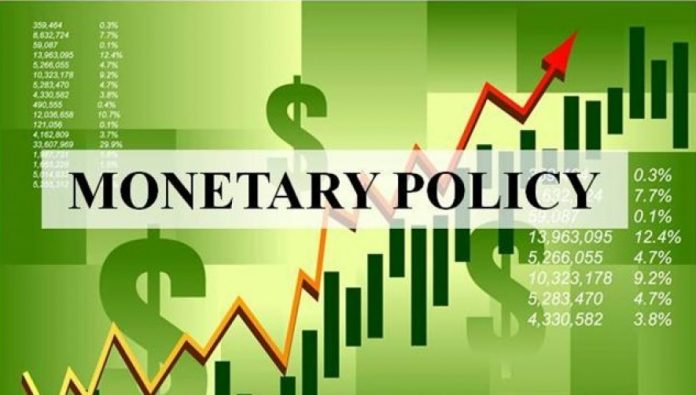Many Central banks worldwide have carried out interest rate hikes in the post-pandemic recent past to try and tackle rising inflation
- Reserve Bank of India raised the repo rate by 40 basis points to 4.4% in May 2022, the US Federal Reserve raised interest rates by 0.25 percentage points in February 2023, and the UK raised rates for the 10th month in a row in February 2023.
- Central Banks assume that they have the ability to counter act the rising consumer prices via monetary policy because they have the power to control the money supply in the economy through various tools.
- For example, they can adjust interest rates, which can influence borrowing and spending decisions by consumers and businesses and, by extension, affect the supply of money in circulation.
- When the Central Bank raises interest rates, it becomes more expensive for consumers and businesses to borrow money, which in turn reduces their spending and slows down the economy.
- The monetary policy transmission mechanism can help reduce inflation. This can cause inflation to decrease, as less money is chasing the same amount of goods and services.
- On the other hand, if the Central Bank lowers interest rates, it becomes cheaper for consumers and businesses to borrow money, which can stimulate spending and economic growth but may also lead to higher inflation if the supply of money increases faster than the supply of goods and services.
- Monetary policy measures are often used by Central Banks as a tool to maintain price stability and promote economic growth. This is known as inflation targeting by the Central Banks. This is because high and volatile inflation can adversely affect the economy by reducing the purchasing power of consumers and making it harder for businesses to plan and invest for the long term. By maintaining price stability, the Central Bank can create a conducive environment for businesses to thrive and support the overall health of the economy.
- So, Central Banks assume that they have the ability to counteract the rising consumer prices via monetary policy means because they have the power to control the money supply and influence the borrowing and spending decisions of Material consumers and businesses.

